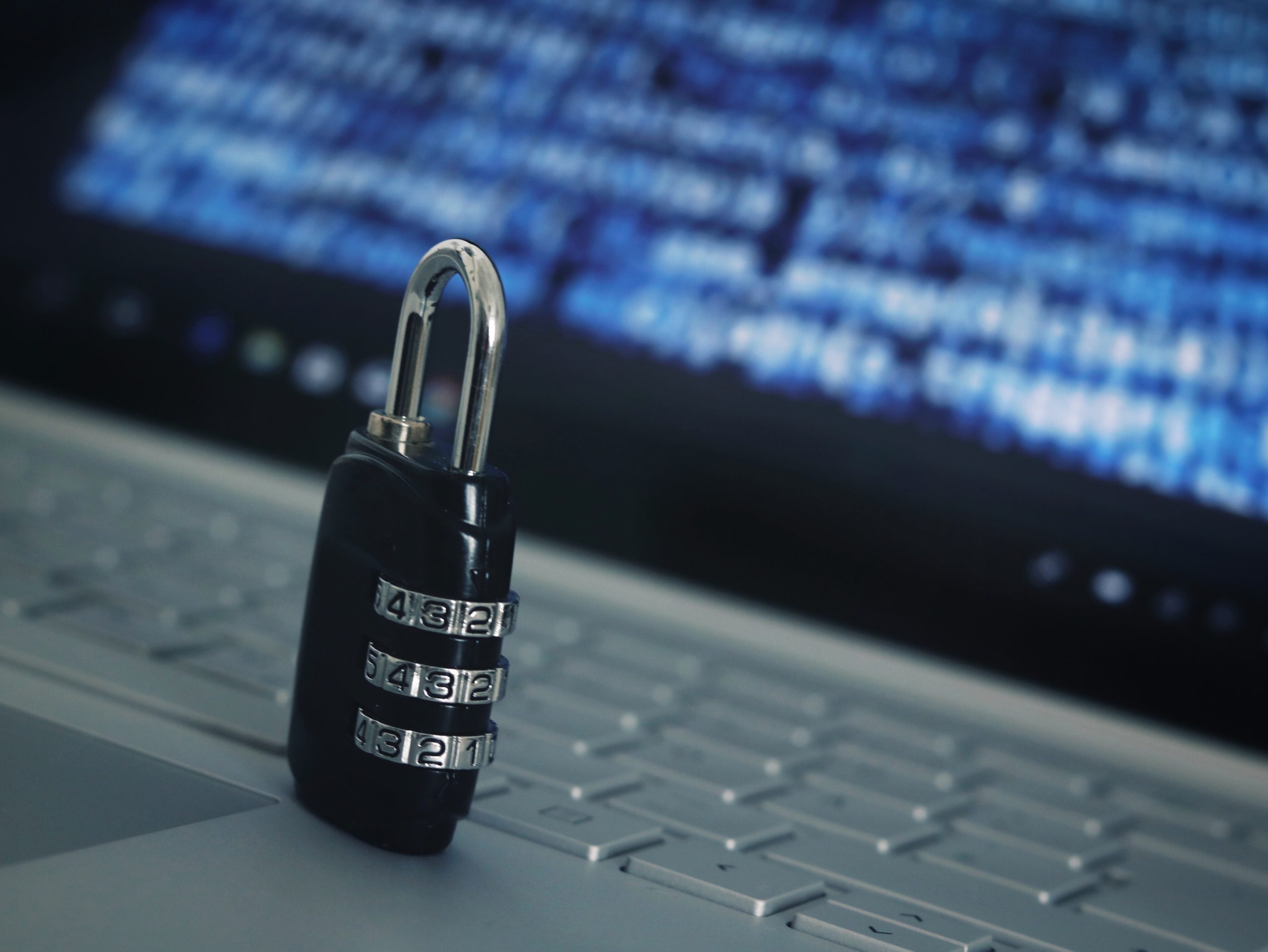Passwords are vital for our workplace and computers as we’ve been on the internet for almost four decades. According to the newly generated security study about the topic, the most generally used web passwords are things like “password” and “123456.” For sure, these are easy to remember but making them just as vulnerable to be hacked. Still, we haven’t learned a lesson about online usage of passwords.
If one uses that simple password in one’s multiple accounts, as a reported 92 percent of online users do—that puts all of the data at risk. Here are some tips to ensure passwords are as secure as possible.
MAKE PASSWORD LONG
Hackers use many and invariably multiple methods to try to get into the accounts. The most common, simple, old, and rudimentary way is to get into the report personally, target, and manually type in numbers, letters, and symbols to guess the personal password. The more advanced method which is now being used is known as a “brute force attack.” In this password hacking technique, a computer program is run through every possible combination of numbers, letters, and symbols as fast as possible to crack the password. The longer and more varied complex the password is, the longer the hacking process takes. Passwords that are three characters long take a few milliseconds to crack.
MAKE PASSWORD A NONSENSE PHRASE
Long passwords are better; long passwords that include random phrases and words are better. If the letter combinations are not in the dictionary, the expressions are not in published literature, and none of them is grammatically correct, and they will be harder to crack. Also, never use characters that are in series and sequential on the keyboard, such as the widely used “qwerty” or numbers in order.
NUMBERS, SYMBOLS, AND UPPERCASE AND LOWERCASE LETTERS MUST BE INCLUDED
Randomly mix up numbers and symbols with alphabets. Substitution method should be put to use, such as a user may substitute @ for the letter A or a zero for the letter O. If the password is a phrase, consider capitalizing the first letter of each next new word, which will be easier for the user to recall.

AVOID OBVIOUS PERSONAL INFORMATION
If there is some information about the easily discoverable user—such as anniversary, birthday, address, high school, city of birth, and relatives’ and pets’ names— do not include them in password. These only make user passwords easier to guess and break. On this note, if the user is required to choose security questions and answers while creating an online account, select ones that are not so obvious for someone browsing social accounts.
DO NOT FREQUENTLY REUSE SAME PASSWORDS
When hackers complete large-scale hackings, as they have recently done with the lists of compromised email addresses, accessible email servers, and passwords are leaked online very often. If a user account is compromised and the user uses this password and email address combination on multiple sites, the information can be easily used to get into any of the other social or bank accounts. Therefore, it is advised to use unique passwords for everything and every account.
START USING A PASSWORD MANAGER
Password managers are services that help auto-generate and store secure passwords on user’s behalf. These passwords are kept in a centralized location, in an encrypted way which user can access with a master password. But surely don’t lose that master one. Many services are free to use and accompanied by optional features such as auditing user password behavior, ensuring users are not using the same one in too many locations, and syncing new passwords across multiple devices.

KEEP PASSWORD UNDER WRAPS
Don’t give passwords to anyone else. Don’t type the password into the device if the user is within plain sight of other people. And do not plaster user password on a sticky note on work desk or computer. If the user is storing a list of user passwords—or even better, a password hint sheet—name the file something random on the computer in a document file, so it isn’t a dead giveaway to smart snoopers.
CHANGE PASSWORDS REGULARLY
The more sensitive information is, the more often one should change the password. Once changed, do not use that password again for a more extended period.
Hackers could keep trying to crack user passwords no matter how strong the user makes them. So, maintain safety.
